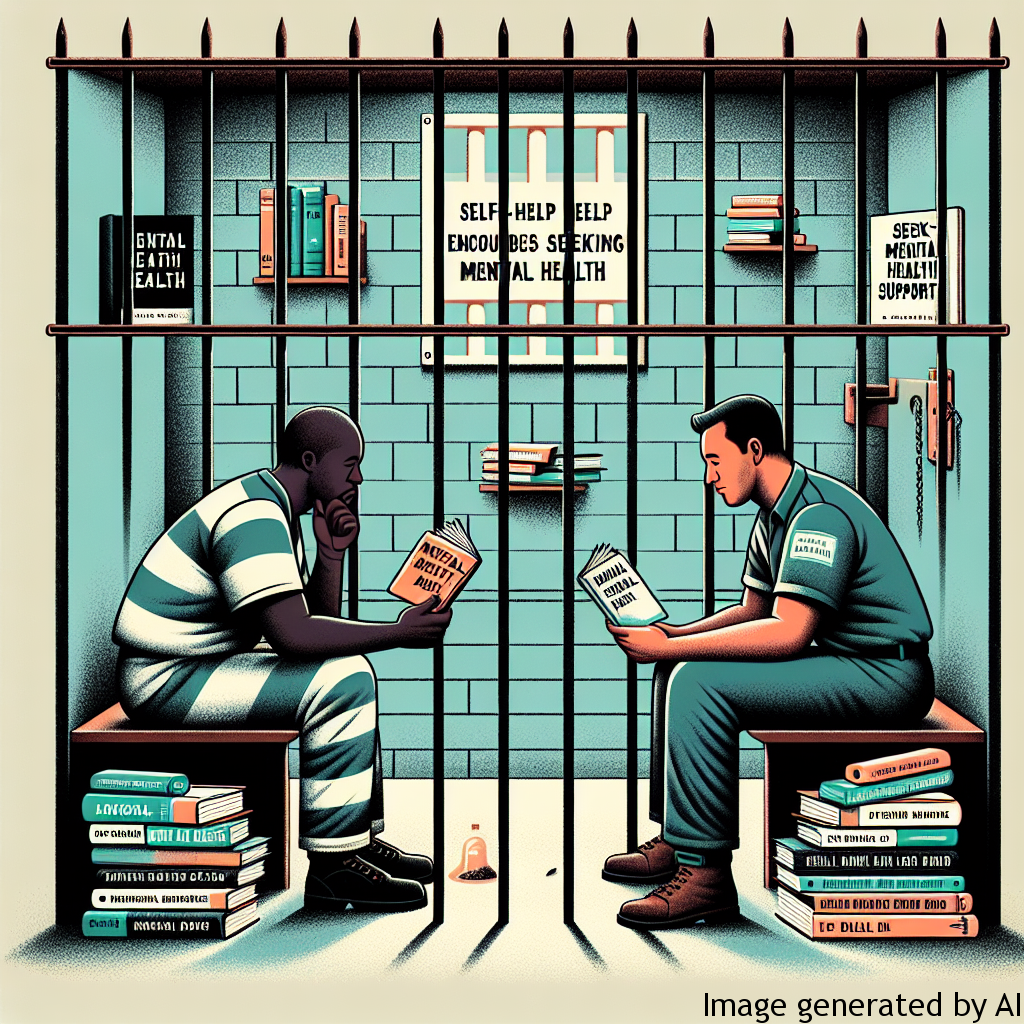Introduction
The topic of men’s mental health within the prison system remains a relatively unexplored area, despite the pressing need for attention and intervention. The intersection of masculinity, societal expectations, and incarceration often leaves men overlooked when it comes to mental health provisions and care. This article aims to shed light on how gender expectations affect men’s mental health in prison and propose ways to improve their condition while considering their unique situational needs.
Gender Expectations and Their Impact on Men’s Mental Health
Men are generally expected to project strength, stoicism, and self-reliance – characteristics classically associated with masculinity. These expectations pervade society and are often internalized by men, including those in prison. However, bearing these expectations can take a toll on their mental health.
The Mask of Masculinity
Men are often pressured to conceal their emotions, leading to the concept of “masking” wherein they hide their true feelings to conform to expectations. In the prison environment, this effect is often magnified. Men may suppress their emotional distress to avoid appearing vulnerable, which can exacerbate existing mental health issues or precipitate new ones.
Mainstreaming a Tough Exterior
Pain or distress, both physical and emotional, is traditionally seen as a sign of weakness for men. In a prison setting, the need to appear tough and resilient can be perceived as a means of survival, often leading to the neglect of their mental health care needs.
Examples of How Gender Roles Can Impact Men’s Lives
In prison, a visible marker of masculinity is physical strength. This emphasis can amplify negative feelings of self-worth in those who feel they do not measure up, fueling depressive symptoms. Fear of showing vulnerability can also exacerbate anxiety, leading to nowhere to privately express or deal with these emotions.
Moreover, societal expectations can hinder men’s ability to cultivate supportive relationships. Within the overtly masculine prison environment, emotional expression and empathy may be construed as signs of weakness, leaving men isolated at times when they need support the most.
Tips for Improving Mental Health With Gender Roles in Mind
Addressing men’s mental health within prisons requires an understanding of the gender role pressures and expectations they face. Here are some ways to aid in bolstering their mental health:
Cognitive Behavioral Therapy: This therapy type has been found effective in prison settings. It can help inmates to reframe their perceptions about masculinity and promote healthier responses to emotional distress.
Creating Safe Spaces: Providing an area for men to express their feelings without judgment or fear can aid in improving their mental health. Such spaces can break down harmful stereotypes about masculinity and create avenues for emotional release.
Promoting Healthy Relationships: Encouraging supportive and sensitive peer interactions can reduce feelings of isolation. Allow space for vulnerability, empathy, and mutual support within prison confines, as such relationships can provide a vital lifeline.
Conclusion
The intersections of masculinity, societal expectations, and prison culture significantly impact men’s mental health within the prison system. Recognizing these pressures and working to mitigate their effects can help improve mental health for men in prison. It’s important to challenge damaging gender norms, encourage healthy emotional expression, and provide supportive, safe spaces. By doing this, prisons can start to address the pressing issue of men’s mental health more effectively, offering a more holistic approach to their rehabilitation and care.

